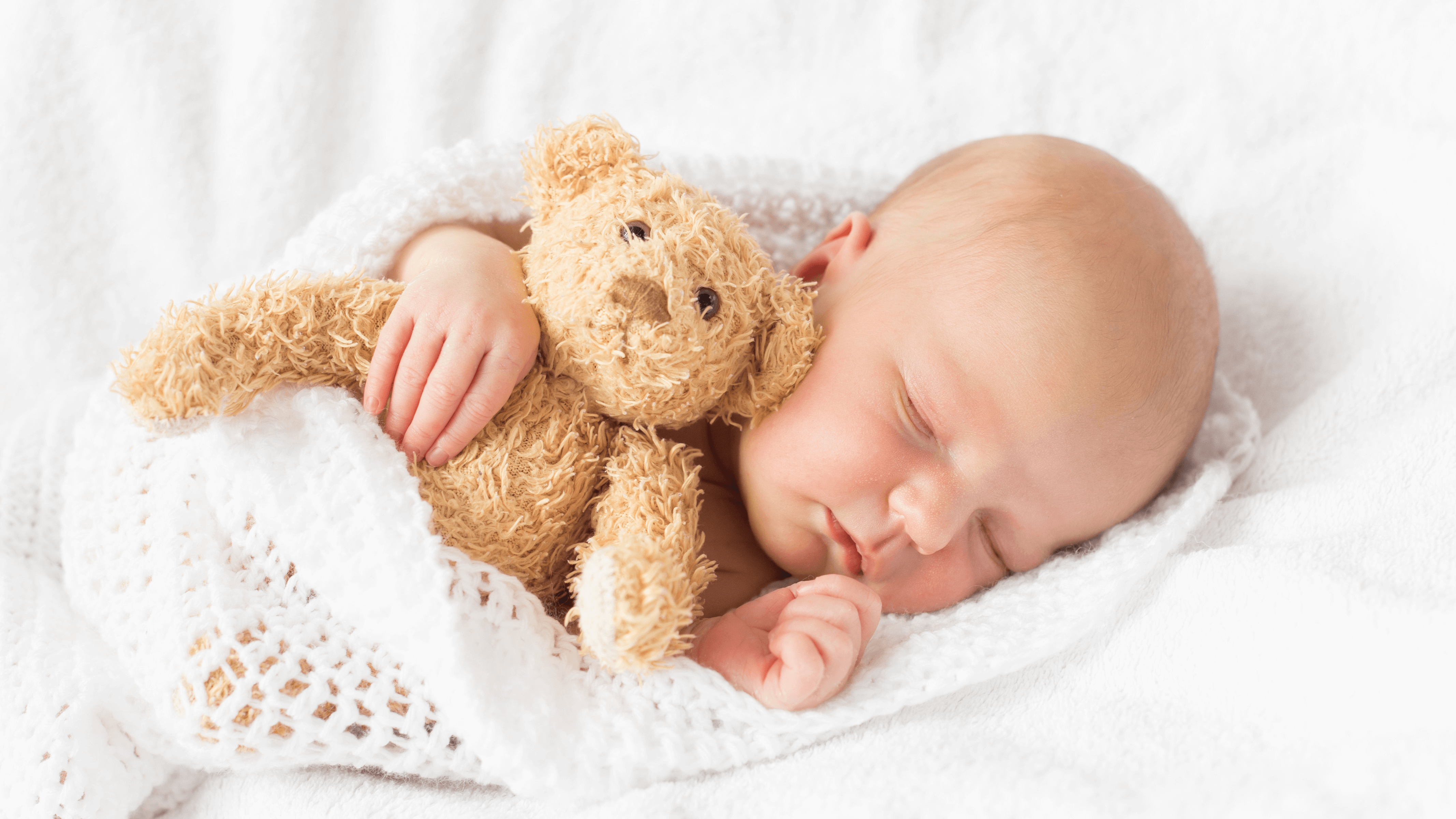
Parenting Tips For Newborn Babies: Do’s and Don’ts
Do’s:
- Hold and cuddle your baby often to promote bonding and emotional connection.
- Breastfeed or bottle-feed your baby on demand, as newborns need frequent feeding.
- Keep your baby warm, but avoid overdressing or overheating them.
- Practice safe sleep habits by placing your baby on their back to sleep and using a firm mattress with no soft bedding.
- Keep your baby’s environment clean and germ-free by washing your hands frequently and limiting visitors, especially those who are sick.
- Respond promptly to your baby’s cries to meet their needs for comfort, food, or a diaper change.
- Provide plenty of skin-to-skin contact, which can help regulate your baby’s temperature and promote bonding.
- Follow your pediatrician’s advice for vaccinations and well-baby check-ups to ensure your baby stays healthy.
Don’ts:
- Don’t shake your baby, as it can cause serious brain injury or even death due to shaken baby syndrome.
- Avoid exposing your newborn to cigarette smoke, as it can increase the risk of respiratory infections and other health problems.
- Don’t put anything in your baby’s crib or bassinet, such as pillows, blankets, or stuffed animals, as they can pose a suffocation hazard.
- Don’t leave your baby unattended on a high surface, such as a changing table or bed, even for a moment.
- Avoid overstimulating your newborn with loud noises, bright lights, or excessive activity, as they can become overwhelmed easily.
- Don’t ignore signs of illness in your baby, such as fever, difficulty breathing, or poor feeding, and seek medical attention promptly if you have concerns.
- Don’t skip tummy time, as it helps strengthen your baby’s neck and upper body muscles.
- Don’t introduce solid foods before your pediatrician recommends it, typically around 4-6 months of age for most babies.
Remember, every baby is unique, so it’s essential to pay attention to your baby’s cues and consult with your pediatrician if you have any questions or concerns.